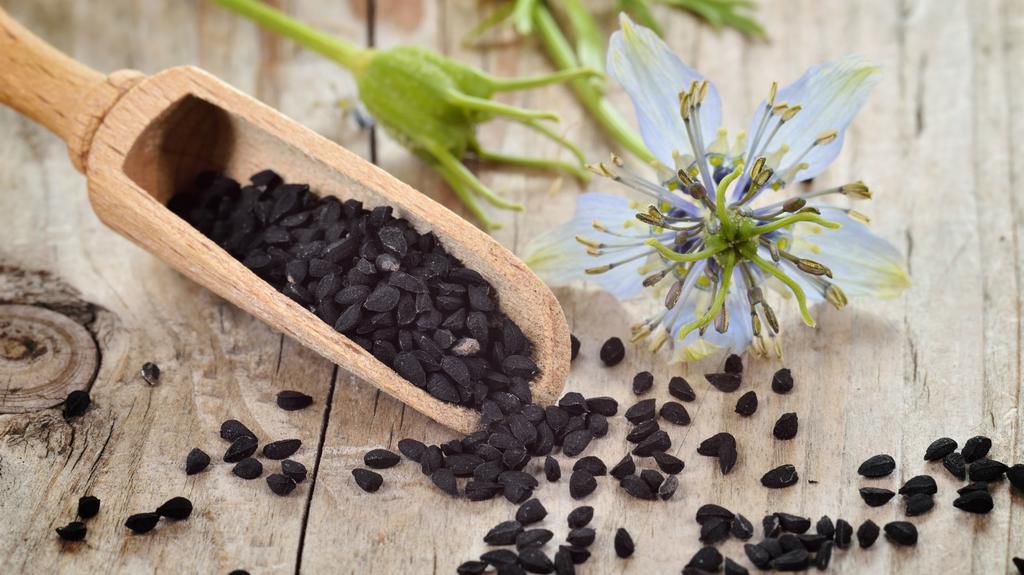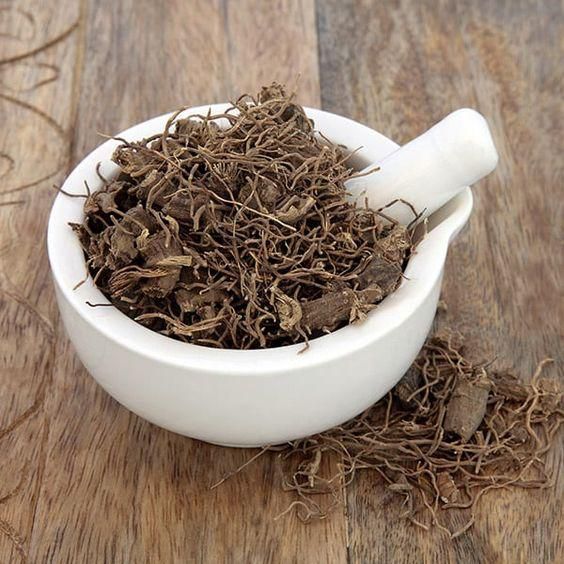5 herbs with unusual names you should add to your self-care
)
There are many body changes and issues that can be remedied by herbs. These changes and issues can be caused by hormonal changes due to lifestyle and challenges. It can be hard to know when hormonal imbalance is causing chaos in your health.
Unless you are undergoing noticeable changes like pregnancy, breastfeeding, physical therapy, therapy for mood disorders or other serious health conditions, you can take these herbs to boost your health and mental well-being
1. Chasteberry
Chaste berries are common herbal remedies for women's reproductive health issues. They contain a compound called diterpenoid which is believed to act upon hormones like prolactin and dopamine.

Prolactin in high levels is associated with PMS and chaste berries can offer relief from such symptoms as breast pain by lowering the hormone levels in the blood.
2. Ashwagandha
Also known as the winter cherry or Indian ginseng, it is an evergreen shrub and is upheld for its medicinal properties in teas, root powders, and supplements. It is thought to help the body combat stress by moderating the hypothalamic-pituitary-adrenal (HPA) axis which produces and releases multiple hormones including the stress hormone cortisol.

In a 2019 study, 60 adults who took 125–300 mg of ashwagandha root extract twice daily for eight weeks registered low cortisol levels, less stress, and better sleep.
In a 2018 study, adults with elevated levels of thyroid-stimulating hormone (TSH) registered lower TSH levels after eight weeks of taking 600 mg of concentrated ashwagandha extract daily.
3. Marjoram
Marjoram is the same genus as oregano and has been used in traditional remedies for ailments. Its medicinal properties are contained in its bioactive plant compounds like flavonoids and phenolic acids.

It is believed to offer relief from women's reproductive health ailments and reduce stress.
According to a study, drinking marjoram tea twice a day for a month can reduce PCOS effects, and insulin hormone levels, which could be a win for blood sugar management.
4. Nigella seeds
Nigella sativa or fennel flower produces small black seeds rich in antioxidants. The seeds contain thymoquinone which has medicinal properties. Research is being done on the protective and therapeutic effects of nigella seeds on polycystic ovarian syndrome (PCOS). PCOS is a disorder associated with abnormal hormone levels, among other symptoms, in women of reproductive age.

In animals, the seeds help regulate insulin, thyroid hormone, testosterone, and luteinizing hormone.
Nigella seeds are commonly sold as “black seed” or “black cumin seed.” They can be added to salads and other dishes but their effectiveness may be affected by preparation methods.
5. Black cohosh root
Black cohosh is in the same family of plants as Nigella sativa known as buttercup or crowfoot. Black cohosh is also called rattleweed or bugbane. It is used in supplements and is usually taken as a capsule, tea, or extract.

It has a long history, and modern approval, of offering relief for menstrual irregularities and premenstrual syndrome (PMS). Its healing properties are attributed to the compounds called triterpene glycosides found in black cohosh.
Remember to consult a medical professional before trying herb remedies if you have any health or body condition. Vulnerable people and those with compromised immunity are advised to stay away from these herbs. Research into the effectiveness of these herbs is still growing but at the moment, science supports their effectiveness.
References
Sade Meeks, MS, RD, Nutrition, by Cecilia Snyder, MS, RD.
National Institutes of Health

)
)
)
)
)
)